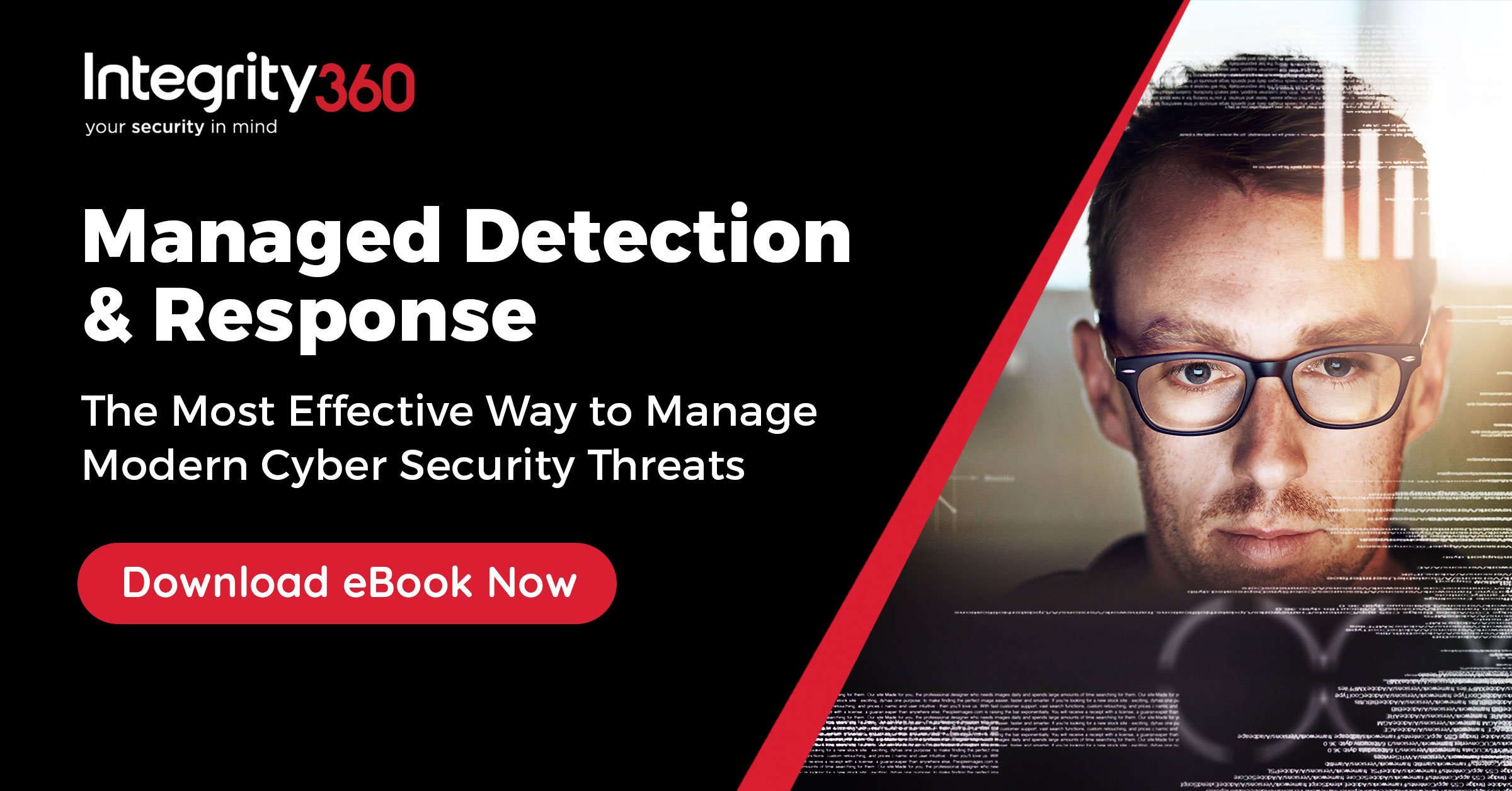As remote work becomes the norm, IT security teams are facing new challenges in protecting their organisations from cyber threats. Personal devices are now the gateway to corporate networks, making it harder for security teams to keep a watchful eye. But fear not! In this blog, we reveal why Endpoint Detection and Response (EDR) can play an important role in securing your remote workforce.
Protection Against Advanced Threats
Advanced persistent threats (APTs) are sophisticated cyber attacks that can bypass traditional security measures such as firewalls and antivirus software and dwell undetected for long periods of time. EDR solutions use machine learning and behavioural analytics to detect APTs that might go undetected by traditional security measures. EDR solutions can also provide threat intelligence that helps IT security teams understand the nature of the attack and how to respond to it.
Early Detection of Cyber Attacks
EDR solutions can detect cyber attacks in real-time or near-real-time, enabling IT security teams to respond quickly and minimise damage. Early detection is crucial in preventing the spread of the attack to other devices on the network.
Faster Incident Response
EDR solutions provide IT security teams with the information they need to respond to cyber attacks quickly. EDR solutions can provide detailed information about the attack, including the device's location, the type of attack, and the severity of the attack. This information helps IT security teams respond to the attack more effectively.
Improved Visibility
EDR solutions provide IT security teams with improved visibility into endpoint devices. EDR solutions can monitor all endpoint devices, including laptops, desktops, and mobile devices, and provide IT security teams with detailed information about these devices. This information helps IT security teams understand the security risks associated with each device and take appropriate action.
Compliance
EDR solutions can help organisations comply with regulatory requirements such as GDPR, HIPAA, and PCI DSS. EDR solutions provide IT security teams with the information they need to demonstrate compliance with these regulations.
Managed Detection and Response (MDR) and EDR
Managed Detection and Response (MDR) is a cyber security service that provides continuous monitoring and threat detection, along with incident response services. MDR is a service that often involves the management and monitoring of detection and response platforms, including EDR platforms, and involves the same principles of endpoint monitoring and threat detection, but with the added benefit of being a service managed by a third-party service provider rather than having to be managed in-house.
MDR providers like Integrity360 use EDR technology (and other tools) to detect and respond to cyber threats on behalf of our clients. We employ teams of security experts who are responsible for monitoring client networks 24/7, detecting and responding to cyber threats in real-time. We can also provide incident response services, which involve investigating and remediating cyber-attacks to minimise damage and restore normal operations.
The main difference between EDR and MDR is that EDR is a technology, whereas MDR is a managed service provided by a third-party service provider that can incorporate EDR technology into the service. MDR can be particularly beneficial for organisations that have limited IT resources or expertise, as it provides access to a team of cyber security experts who can monitor and respond to threats on behalf of the organisation.
EDR can provide organisations with the tools they need to detect and respond to cyber threats at the endpoint level, while MDR can provide additional expertise and resources to enhance an organisations overall cyber security posture. Together, EDR and MDR can help organisations protect their remote workforce from cyber attacks and minimise the risk of a security breach.
Endpoint detection and response (EDR) is a critical tool in protecting the remote workforce from cyber attacks. As remote work remains the norm, organisations need to prioritise cyber security to protect their networks and data.
Implementing EDR for remote workforce requires careful planning and execution, including assessing endpoint devices, choosing a remote worker endpoint security solution, configuring the solution, training IT security teams, monitoring and analysing data, conducting regular vulnerability scans, and maintaining and updating the EDR solution. With the right EDR solution in place, organisations can enable their remote workforce to work securely and confidently from anywhere.
Want to find out more about what priority risks our Managed Endpoint security service can help your organisation mitigate? Contact us today.









